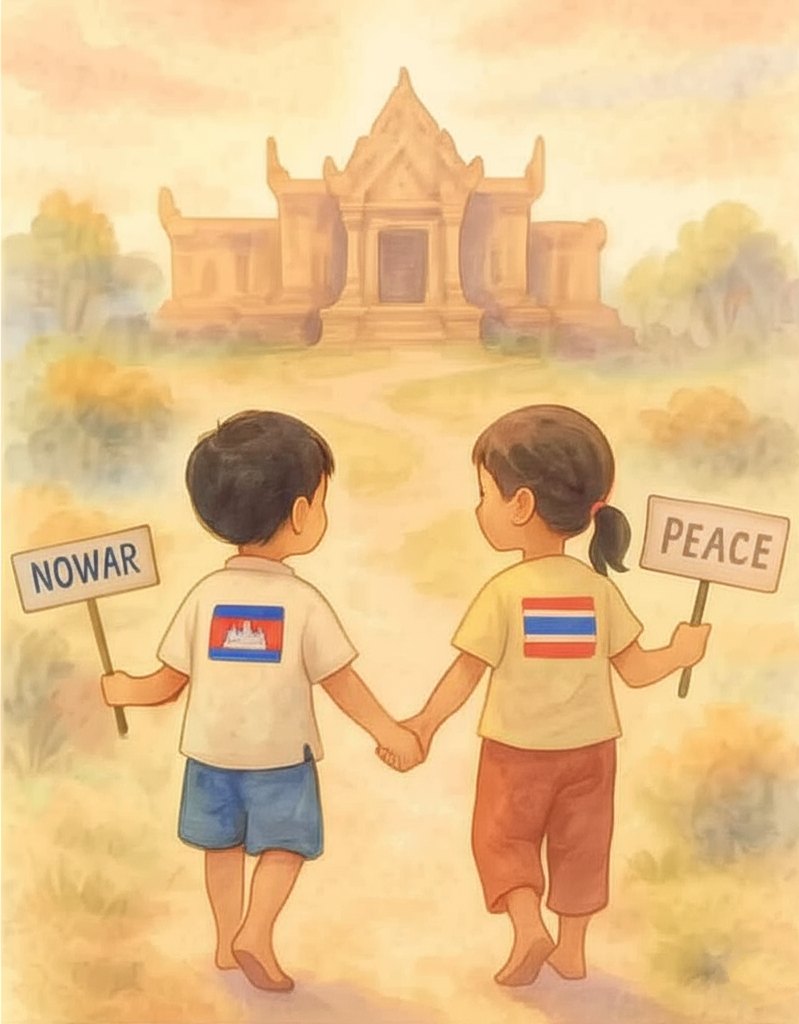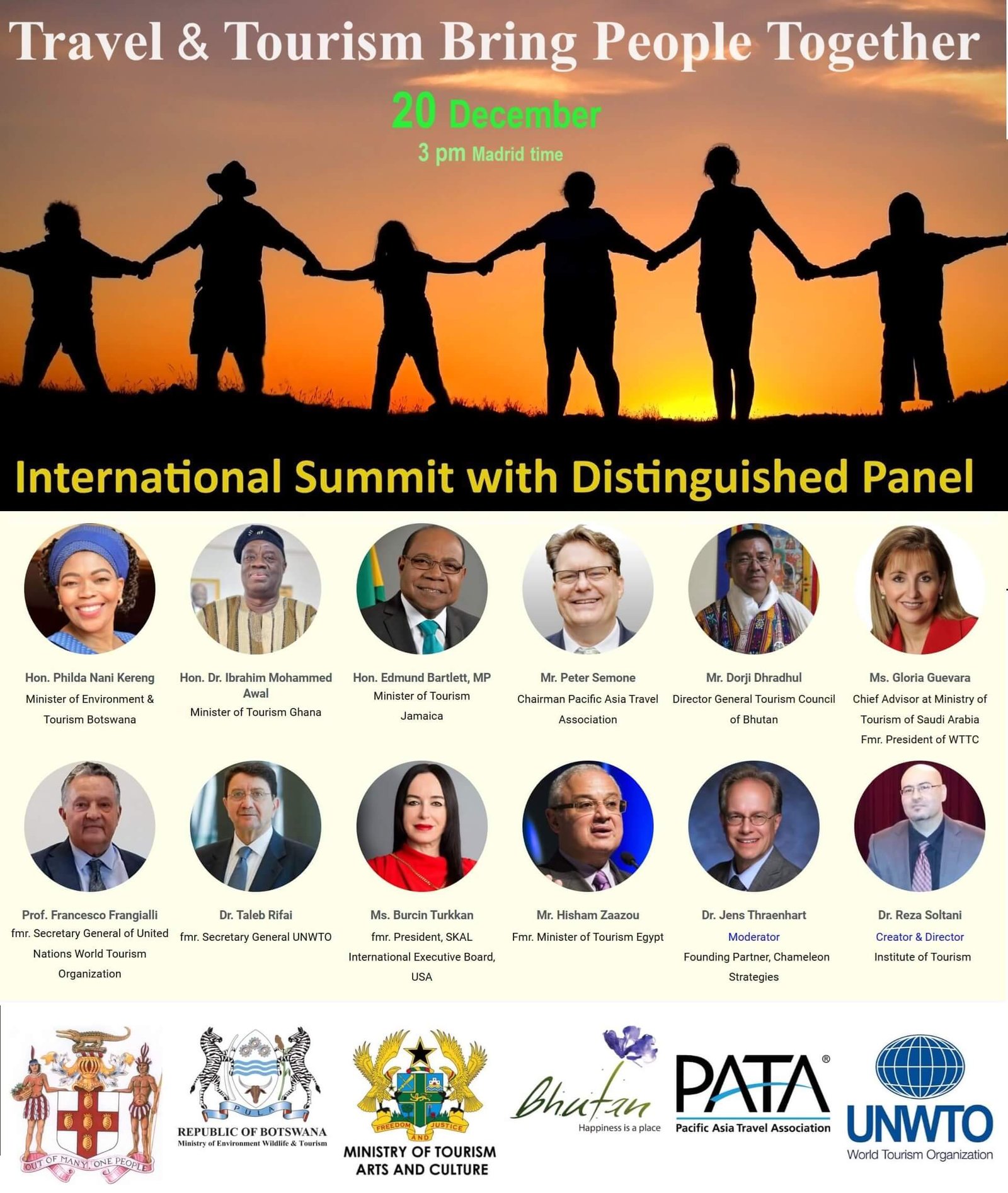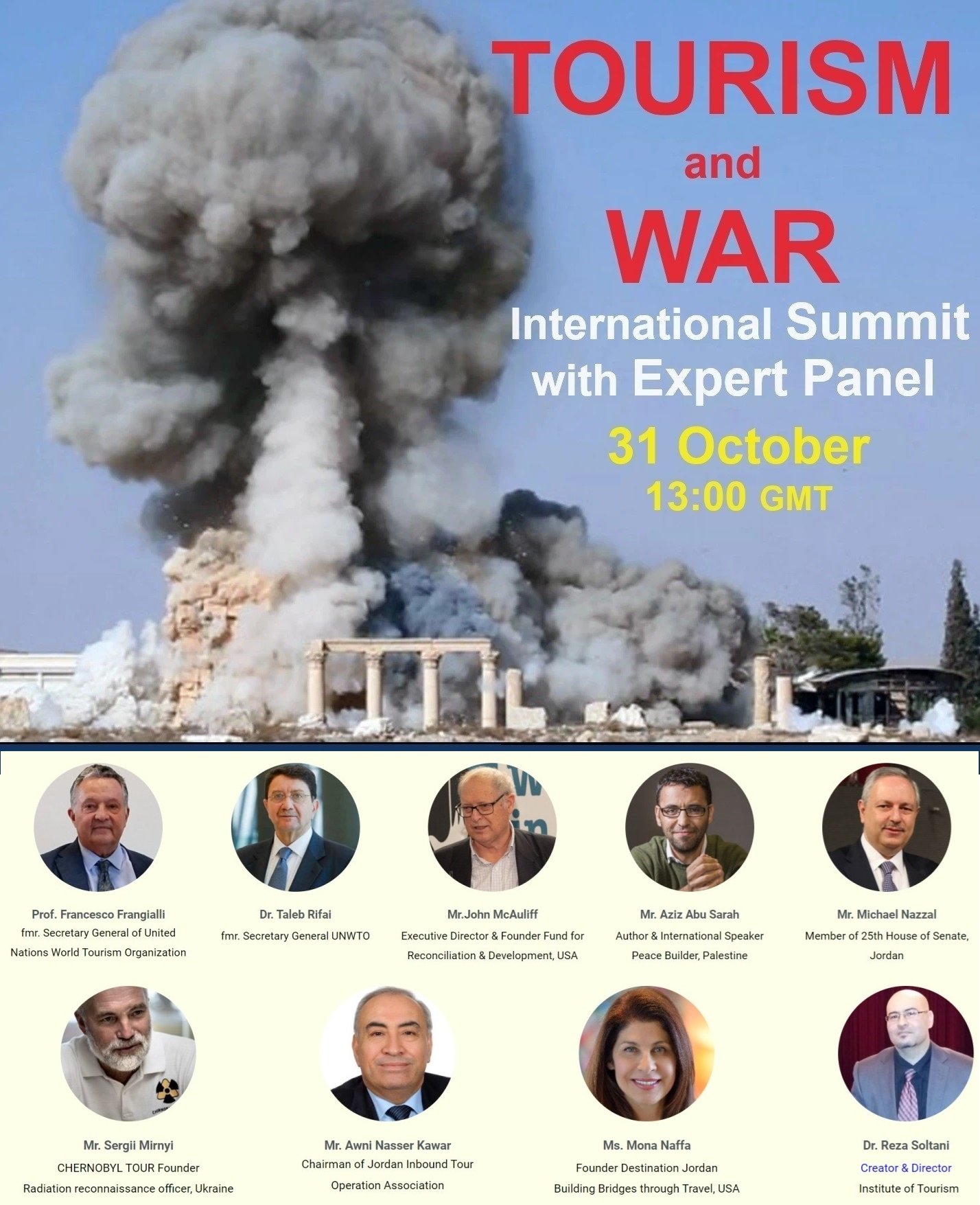Tourism Facing a New War; Francesco Frangialli, fmr. Secretary General UN Tourism

We are passing through a hard and rarely seen period. After the one which began one year and a half ago with the sudden attack of Ukraine by Russia, tourism is facing a new war – what happens is so brutal, deadly and massive that it’s impossible not to use the word « war ».
This terrible crisis which have started with the terrorist attack of the 7th of October, takes place at the moment when international tourism was showing the signs of a powerful rebound. From UNWTO statistics, the Middle-East registered the strongest performance among all the regions of the world since the beginning of 2023. A chance has been lost. We can only have regrets.
It’s too soon today to know with certainty to which extent the main destinations of the Middle East will be affected. Let’s however make some predictions.
Egypt, which is neighbouring the Gaza strip, is trying its best not to be directly involved in the conflict. It may succeed or not. The chance for Egypt is that its tourim product and the image resulting from its glorious past are very specific. I would not be surprised if this war which is raging at its border causes at the end less damage to the tourism industry than a terrorist attack against its visitors, as they took place on several occasions, in Cairo, Luxor or Sharm-el Cheikh.
Saudi Arabia is also a very special case, since most of the visitors come on the occasion of the Pilgrimage. This new destination on the world map should be less severly hit by what is occuring in Israel and Gaza than by what has happened with the Covid, when the country had to close completely its borders.
Dubai and the Emirates are far from the epicenter of the conflict. On the condition that Iran does not fall -or engage itself- into the maelstrom, this emblematic destination may be spared by the tragedy.
Let me add that what will happen with tourism destinations such as Egypt, Jordan, Morocco, Tunisia or Turkey, in case they have to face huge and violent demonstrations in the streets, will depend on the resilience of their societies, the sense of responsability of the medias, and the ability of their governments.
*******
In such crises, a fundamental element is the media coverage and the role of the social medias. What’s important is not the event itself than its perception by the consumers, in our case, by the potential travelers from the major generating markets. We learned from Marshall McLuhan that – I quote – « the medium is the message ».
Some years ago, two similar bombs attacks took place one after the other in the Great Bazar of Istanbul. The first time, a team of CNN was there, just by accident, and the impact on the destination was very hard ; the second time, no TV coverage, and almost no consequences for the tourism sector.
In such emergency situations, you have a single card to play : transparency. Let me take the example of Tunisia. A violent terrorist attack took place in 2002 at the La Ghriba synagog in the island of Djerba, causing several casualities. The government tried to pretend that the explosion was accidental. But the truth came rapidly to light, and the authorities had to confess the reality and apologise. Tourism in Tunisia collasped, and the full recovery took many years. The same kind of terrorist attack against the same monument and its visitors was repeated in May this year ; this time, the government made its best to be transparent, and the impact on tourism was limited to the very minimum.
What I am going to say may appear awful to you. Since it started, this new tragedy has resulted in several thousand deads. It’s horrible, but it has nothing to do with the scale of the civil war in Yemen for which direct and undirect casualities amount to some 250.000. But, in the case of Yemen, there is almost no media coverage, and the conflict is widely ignored.
*******
Dear friends, the impact on tourism in the Holy Land – Israel, the Palestinian territories an Jordan all together- is going to be terrible, because of the violences that we are seing, because the military operations in the Gaza strip are likely to last for weeks or months, and because of the intense media coverage. This is inescapable.
I am sad like all of you for the innnocent victims who have lost their lifes on both sides, and for those who have been taken as hostages, and for their families. I am sad also for those living on tourism. Many businesses will disappear, and many people will lost their jobs.
I have a special thought for my friends in Jordan since this country is not direcly part of the conflict, and has no responsability in its outburst ; but Jordan will be severely affected as well, since the Holy Land is a small area and a unique destination – unique in the double sense of the word : an exceptional, but also a single destination, often visited in one trip by tourists coming from the rest of the world.
My message today to my friends in Jordan, Israel and elsewhere is that nothing is ever lost for eternity. Look at Lebanon : like the mythical phoenix, the destination has been rising from the ashes on so many occasions. Each time we were thinking : « now, it is really the end », a new beginning happened. Let’s hope that there will be no military escalation at its border, and that, one more time, the tourism industry of Lebanon will survive. Its economy and its people, which have been in such a terrible disarray for so many years, desperately need the resources coming from tourism.
Ladies and gentlemen, for designating a crisis, the Chinese have a word –weiji– which is composed of two ideograms. Weiji means first of all disaster, but it means also opportunity.
Today, we see the disaster. Tomorrow, Inch’Allah, there will be an opportunity and a new surge of the tourim industry of the region.
It may take time, but if the people working in tourism do not lose confidence, if they cooperate across the borders, contributing in this rerspect to the return to peace, a light will appear at the end of the tunnel. We know from world tourism history that after each crisis, even the worst ones like the Covid, there is a rebound. At the end of the day, the activity comes back to its long term growth trend. Because of your extraordinary potential, and with your determination, this time will come, and it will be possible to rebuild a stronger, more resilient, and more sustainable tourism in the Middle East.
Wtach the Related Events:







